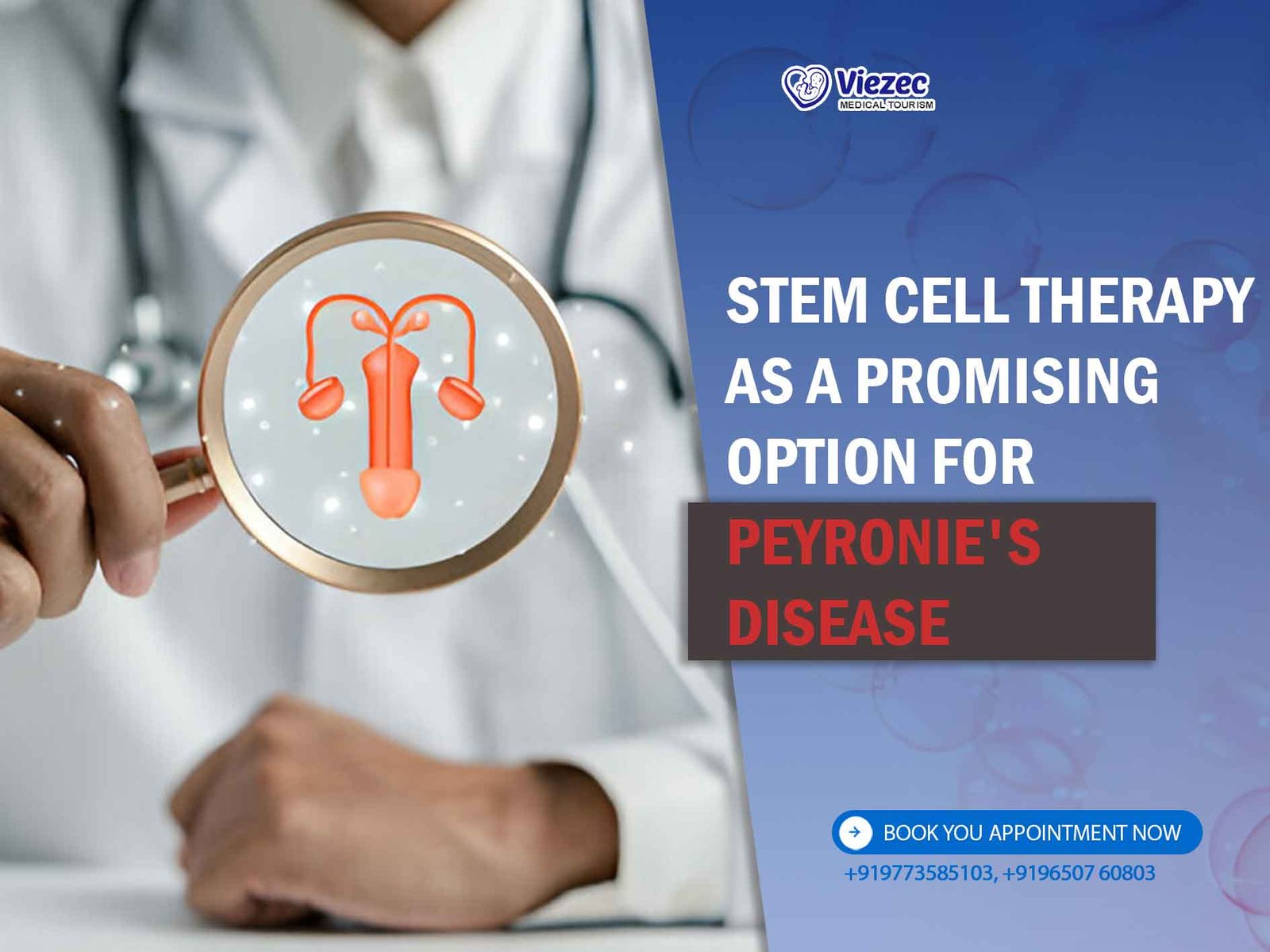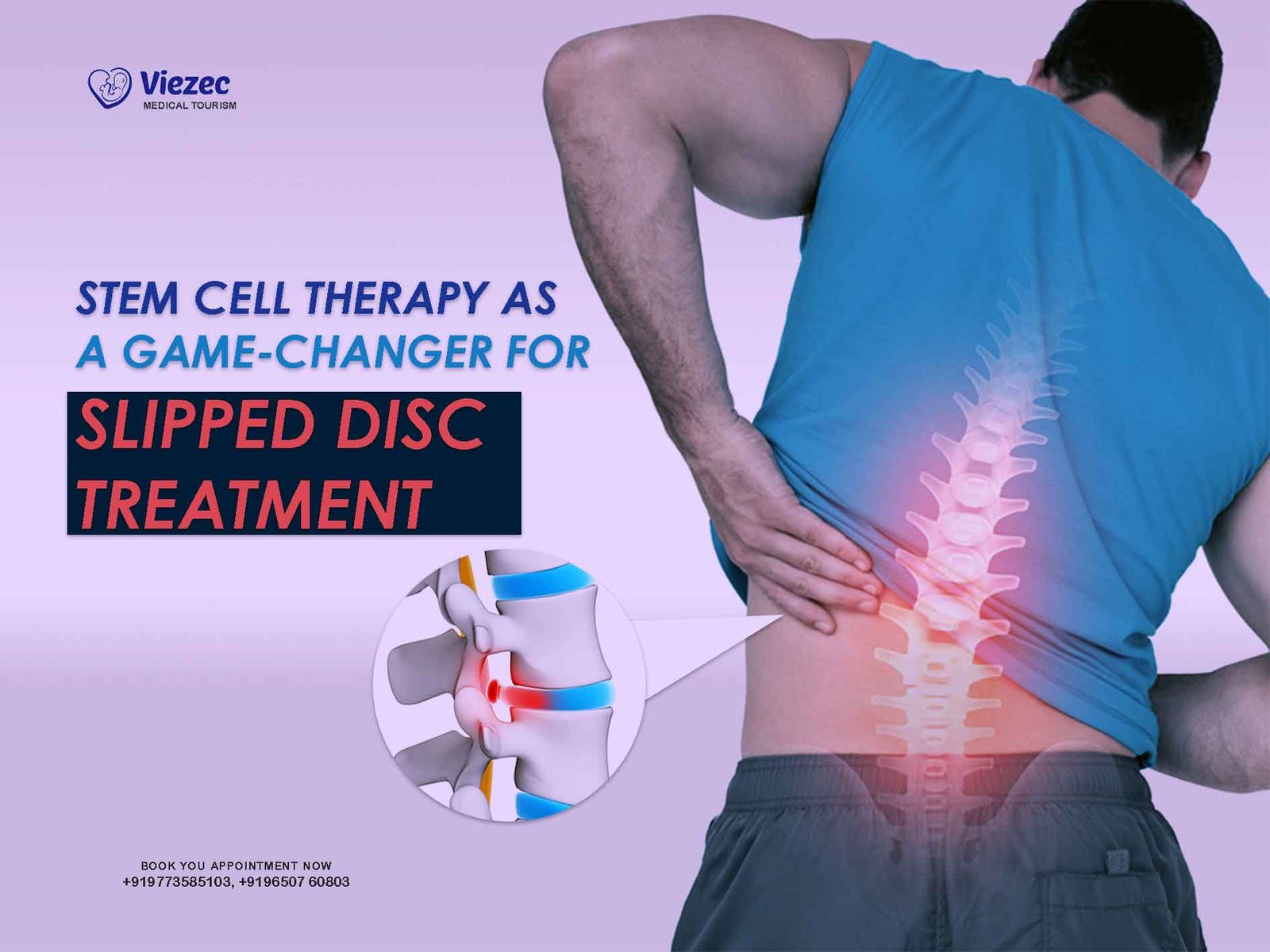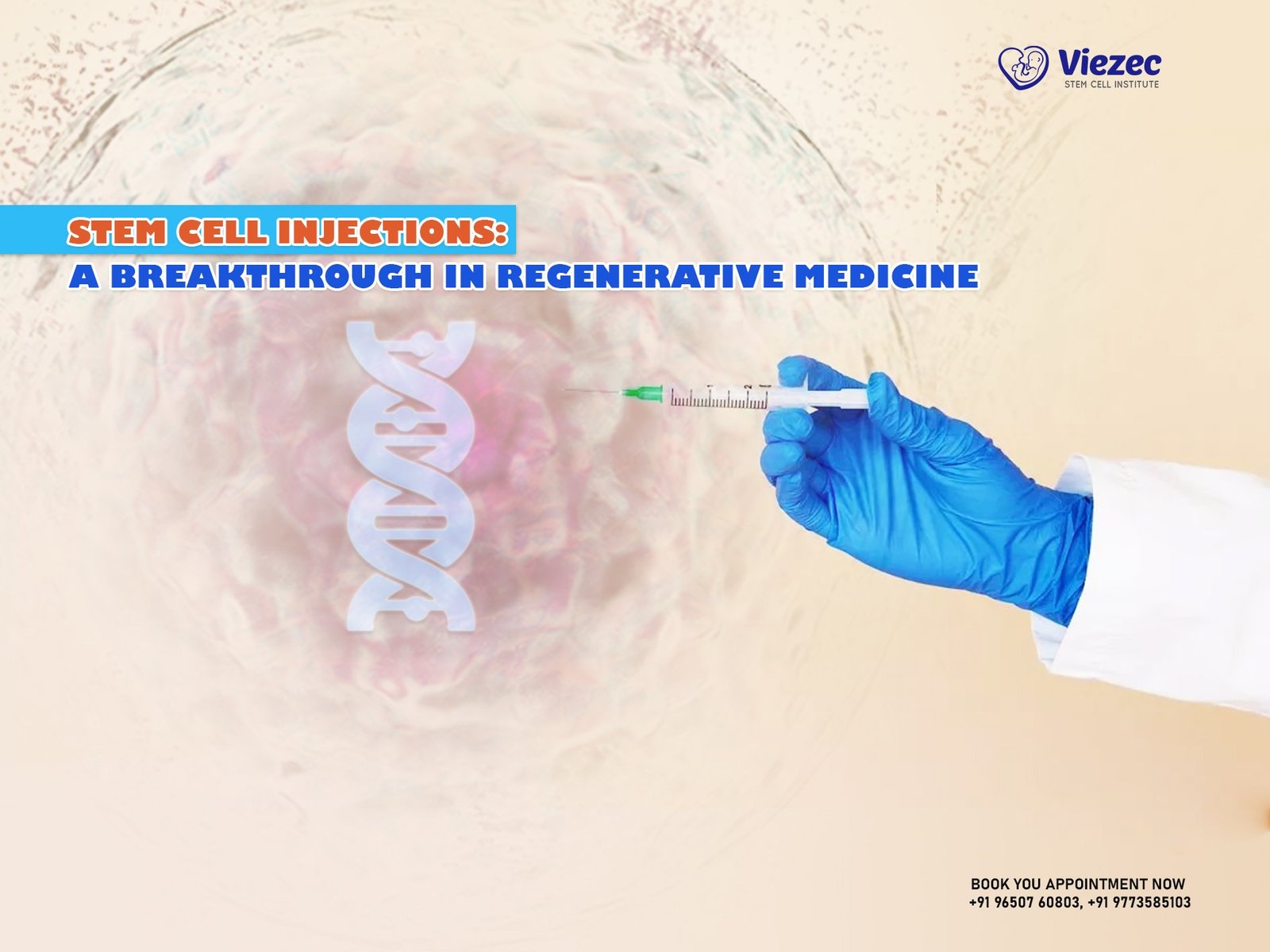Stem cell therapy has emerged as a revolutionary medical approach, holding the promise of treating a wide range of diseases and conditions. In recent years, India has become a hub for stem cell therapy, attracting patients from around the world. This article explores the success rate of stem cell therapy in India, delving into the types of conditions treated, the scientific basis of the therapy, regulatory aspects, and real-world outcomes.
Understanding Stem Cell Therapy
Stem cell therapy involves the use of stem cells to repair, replace, or regenerate damaged cells or tissues within the body. Stem cells, known for their unique ability to differentiate into various cell types, offer immense potential in treating conditions such as neurodegenerative disorders, autoimmune diseases, and injuries.
Types of Stem Cell Therapy in India
In India, various types of stem cell therapies are being utilized to address diverse medical conditions. Understanding the different types is crucial in evaluating the success rates associated with each.
Hematopoietic Stem Cell Therapy
Hematopoietic stem cell therapy involves the transplantation of blood-forming stem cells, commonly used to treat disorders of the blood and immune system. Conditions such as leukemia, lymphoma, and certain genetic blood disorders are among the target diseases.
Mesenchymal Stem Cell Therapy
Mesenchymal stem cells have the potential to differentiate into bone, cartilage, and fat cells. This form of therapy is often employed for conditions affecting the musculoskeletal system, including arthritis and joint injuries.
Neural Stem Cell Therapy
Neural stem cell therapy focuses on the regeneration of neural tissues and is being explored for the treatment of neurodegenerative disorders like Parkinson’s and Alzheimer’s disease.
Embryonic Stem Cell Therapy
While controversial, embryonic stem cell therapy holds significant potential due to the pluripotent nature of embryonic stem cells. However, ethical concerns and regulatory restrictions surround its usage.
Scientific Basis of Stem Cell Therapy
Differentiation and Regeneration
The success of stem cell therapy lies in the unique ability of stem cells to differentiate into specialized cell types. This process facilitates the regeneration of damaged tissues, promoting healing and functional recovery.
Immunomodulation
Stem cells possess immunomodulatory properties, influencing the immune system’s response. This can be particularly beneficial in autoimmune conditions where the immune system mistakenly attacks the body’s own cells.
Anti-Inflammatory Effects
Many diseases involve chronic inflammation. Stem cells can modulate the inflammatory response, potentially reducing tissue damage and promoting a healing environment.
Paracrine Effects
Stem cells secrete bioactive molecules that can influence neighboring cells. This paracrine signaling plays a crucial role in the therapeutic effects of stem cell treatments.
Regulatory Landscape in India
Guidelines and Regulations
The regulatory landscape in India for stem cell therapy is governed by the Indian Council of Medical Research (ICMR) and the Drug Controller General of India (DCGI). Strict guidelines are in place to ensure the ethical use of stem cells and patient safety.
Clinical Trials and Approval Process
Stem cell therapies undergo rigorous evaluation through clinical trials before receiving approval for widespread use. The regulatory process aims to guarantee the efficacy and safety of these treatments.
Ethical Considerations
Ethical considerations are paramount in the field of stem cell therapy, especially concerning the use of embryonic stem cells. India has established ethical guidelines to address these concerns and maintain the integrity of stem cell research and treatments.
Success Rates: A Closer Look
Hematopoietic Stem Cell Therapy Success Rates
Hematopoietic stem cell therapy has demonstrated high success rates, especially in treating various forms of leukemia. Long-term remission and improved quality of life are commonly observed outcomes.
Mesenchymal Stem Cell Therapy Success Rates
Success rates for mesenchymal stem cell therapy vary depending on the targeted condition. In musculoskeletal disorders like arthritis, many patients report reduced pain and improved joint function.
Neural Stem Cell Therapy Success Rates
Neural stem cell therapy is still in its early stages, with ongoing clinical trials. Preliminary results show promise, but the long-term success rates are yet to be fully understood.
Embryonic Stem Cell Therapy Success Rates
Due to ethical and regulatory challenges, embryonic stem cell therapy is less common. However, where applicable, it has shown high success rates in various preclinical studies.
Real-World Examples
Cancer Patients’ Success Stories
Numerous cancer patients in India have experienced positive outcomes through hematopoietic stem cell therapy. Personal anecdotes shed light on the life-changing impact of these treatments.
Orthopedic Patients’ Testimonials
Patients with orthopedic conditions, such as osteoarthritis, have shared their success stories after undergoing mesenchymal stem cell therapy. Improved mobility and reduced pain are commonly cited benefits.
Neurological Disorders and Progress
While neural stem cell therapy is still in the experimental phase, some patients with neurological disorders have reported improvements in symptoms. These accounts underscore the potential of stem cell therapy in addressing complex conditions.
Challenges and Future Perspectives
Challenges in Standardization
One of the challenges facing stem cell therapy in India is the need for standardized protocols. Variability in treatment approaches can impact reproducibility and complicate the assessment of success rates.
Long-Term Monitoring and Follow-Up
Long-term monitoring of patients undergoing stem cell therapy is essential to evaluate sustained efficacy and potential side effects. Establishing robust follow-up mechanisms is crucial for the credibility of success rate assessments.
Emerging Technologies and Innovations
Advancements in stem cell research and emerging technologies, such as induced pluripotent stem cells (iPSCs), hold the potential to further enhance the success rates of stem cell therapy. These innovations could open new avenues for treating challenging conditions.
Stem cell therapy in India has shown promising results across various medical domains. The success rates, backed by scientific principles and regulatory oversight, highlight the transformative potential of this innovative approach. Real-world examples and patient testimonials provide a human perspective on the impact of stem cell therapy. As research continues and technology advances, the landscape of stem cell therapy in India is likely to evolve, offering hope for patients seeking effective and novel treatments.











